The Work of Scientists: Reasons to Read and Write
By Becky Spence – This Reading Mama
Real scientists read the newest research to keep up with the latest trends. Real scientists write their hypotheses, observations, and ultimately their findings in research journals and articles. Real life scientists have real life, authentic reasons to read and write. And as teachers, we can also create authentic reasons for our students to read and write about science!
Just recently, my son (1st grade) and I spent a couple of weeks learning about rocks and minerals. We also spent a significant amount of time reading and writing.
Reading about Rocks & Minerals
We read several rocks and minerals books, not to mention online websites to learn more about them. I personally love experiment books, like Miguel’s Treasures and picture books like Let’s Go Rock Collecting. {These were definitely two of his favorites.} Reading nonfiction text spawns curiosity, which leads to more reading in an effort to satisfy the questions. It’s a very cool process. And a scientific one at that!
During our study, we also went to our local science center and perused the rocks and minerals display. He was highly interested in reading the labels beside the minerals and asked LOADS of questions; which lead to more reading when we returned home.
Writing about Rocks & Minerals
We took a little field trip into our own yard and collected all kinds of rocks, digging some out of the ground. We made observations as we collected them such as: This one is smooth. This one is really bumpy. or This rock has shiny parts. He wrote down his initial observations on a Rock Observation Recording Sheet (free download, several pages included in download).
After scrubbing the rocks with an old toothbrush and drying them off, we got out the magnifying glass and he examined each rock, making more observations. He recorded his observations on the Rock Observation Recording Sheet. We compared our new observations to the initial observations and he wrote about his findings again on the Rock Observation Recording Sheet.
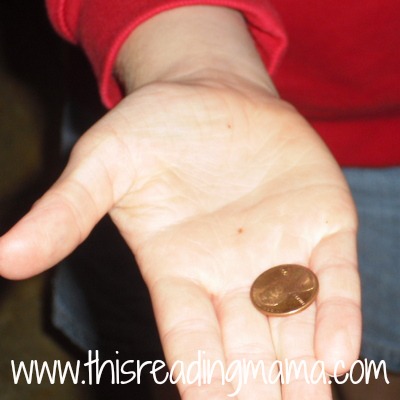
One of the last things we did during our unit study was a rocks and mineral hunt, searching for ways that rocks and minerals were used outside and inside our home. After finding many examples, like this penny, he recorded his findings on this (Rock and Mineral Hunt Recording Sheet) (free download).
The way that reading and writing seamlessly integrate themselves into the learning process is one of my favorite things about literacy. When integrated in this manner, students are typically more willing to read and write because they can clearly see the purpose it serves in satisfying their curiosity to learn. And that, my friend, is the real work of scientists.
* * *
 Becky Spence is a homeschooling mama to four little blessings (ages 7, 4, 2, & 8 months). She is passionate about teaching, specifically literacy. She is the author of This Reading Mama, where she shares reading and writing activities as well as free literacy curricula and printables. You can also join This Reading Mama via Facebook, Twitter, or Pinterest.
Becky Spence is a homeschooling mama to four little blessings (ages 7, 4, 2, & 8 months). She is passionate about teaching, specifically literacy. She is the author of This Reading Mama, where she shares reading and writing activities as well as free literacy curricula and printables. You can also join This Reading Mama via Facebook, Twitter, or Pinterest.
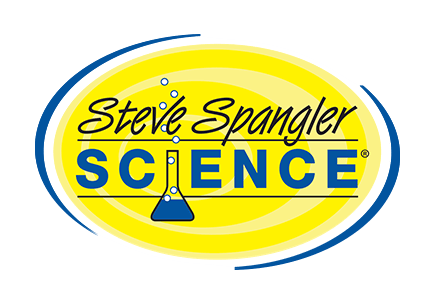


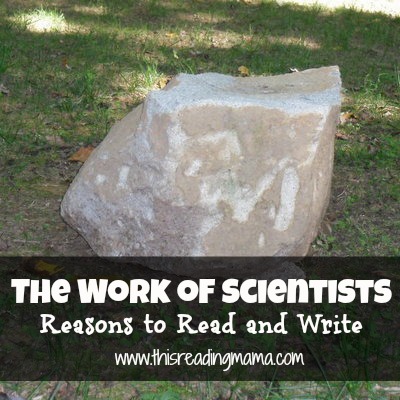
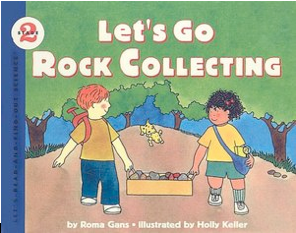
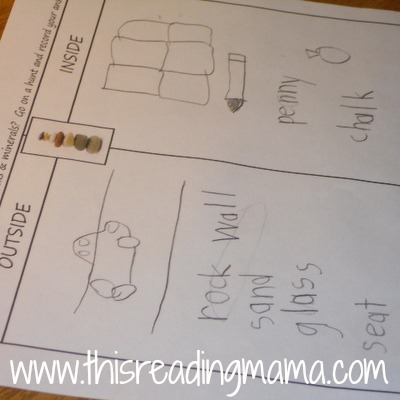

Thank you so much Becky for your guest post. Reading and writing is an incredibly important piece of science. That’s why I believe science is the best subject – it incorporates all of the disciplines – math, reading, writing and research. There’s also a lot of science in music, art and physical ed too.
I love how you connected science with reading and writing! (I could relate: Writing down your observations of the natural world is very important in the Montessori 6-9 classroom!) And I think we need to expose our children to more of the natural sciences. Great job!
Susan, I never thought about science that way! You’re so right: it does integrate many of the content areas, quite naturally!
Great thoughts, and I like the book suggestions. I totally agree that real reasons to read and write are motivating for kids! When I taught science to groups of homeschoolers, we enjoyed putting on “museums” for parents and friends. The kids were so motivated to put a lot of effort into their projects when they knew it would be part of our museum!
Fantastic post. I love that you touched on the importance of research and writing in science.
I love how you show how simple things can be. Writing is always important!
Becky, this post is a wonderful reminder of the importance of the interplay between so many important skill sets. I couldn’t agree more about how critical reading and writing are to scientific inquiry.
We are all into rocks right now – and experimenting with them too (growing crystals is a favorite activity). And I so agree with you, my ‘I hate to write’ child just loves to jot down her observations each day. Nice post!
You have a great site and content, I’m glad you liked it here.